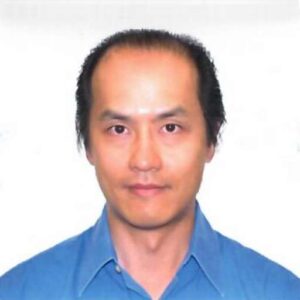 Anthony Lee has a unique background in medicine. After graduating from medical school, he switched from clinical medicine to health technology assessment, analyzing new medical tests and treatments in a career spanning over 15 years.
Anthony Lee has a unique background in medicine. After graduating from medical school, he switched from clinical medicine to health technology assessment, analyzing new medical tests and treatments in a career spanning over 15 years.
As a writer, he found inspiration in a variety of literary works, both contemporary and classic. He has especially discovered the excitement of thriller novels, including medical thrillers by authors like Robin Cook and Tess Gerritsen, crime fiction by Michael Connelly, and Ian Fleming’s James Bond novels. After years of brainstorming his own story ideas, he finally wrote and self-published his first medical thriller novel, Doctor Lucifer, in 2024.
When he is not writing, he enjoys things like music, movies, video games, sports, and travel. He lives in Northern California.
Tell us about your book.
Toxic Minds is the second book of my Dr. Mark Lin Medical Thrillers series. My novels are reinventions of the medical thriller where hospital crises stem from events out in society rather than traditional medical thriller tropes such as deadly pathogens and unethical medical research. This latest book in my series takes on the issue of medical disinformation and the cult figures who spread it. In this story, hospital physician Dr. Mark Lin juggles two dual roles: a doctor treating patients falling ill from a cult’s dangerous rituals and an undercover follower of the cult looking to destroy the organization from within.
At this point, I have fully embraced the life of a self-published author. Even if I were given an opportunity to do traditional publishing with a literary agent, as I had originally hoped to do years ago, I’m not sure I would. I have come to appreciate the full creative control that I have as a self-published author. Plus, contrary to popular belief, traditionally published authors are still expected to put in efforts to market their own book, no different from self-published authors.
What do you think are the main pitfalls for indie writers?
As of now, I can see two main pitfalls for indie writers. One is not writing a good book to begin with. The quality has to compete with that of the biggest bestsellers or most acclaimed titles. The other is not putting enough effort to tell people about the book. It is difficult to get noticed by putting a book on, let’s say, Amazon and then just waiting. One must really put themselves and their books out there. I do realize that financial limitations are a factor for many, but still take advantage of cheap and free methods of book promotion. They can still be better than nothing at all.
What tips can you give other authors looking to self-publish?
I shall provide one simple tip: never stop writing and never stop believing in what you have to offer for readers. It typically takes several books for a new author to possibly get noticed.
What was your steepest learning curve during the publishing process?
When I published my previous medical thriller novel, Doctor Lucifer, there were plenty of things I had to figure out for the first time: the manuscript’s font size and typeface plus line spacing, the process of working with an editor and cover designer, and the steps to put a book up for sale. Now things are much easier, because I have decided the manuscript format that I will use for all of my books, I will work with the same editor and cover designer for all of my books, and the steps in selling the book are familiar.
As a writer, what is your schedule? How do you get the job done?
I generally do my writing on weeknights. This means foregoing plenty of personal hobbies that I would be enjoying otherwise, but that’s OK. I still have the weekends for that. Plus, I may take breaks and give myself certain weeknights off from writing. That said, I may sometimes feel so inspired by an idea for the next scene in my book that I might just dive into it even on weekends.
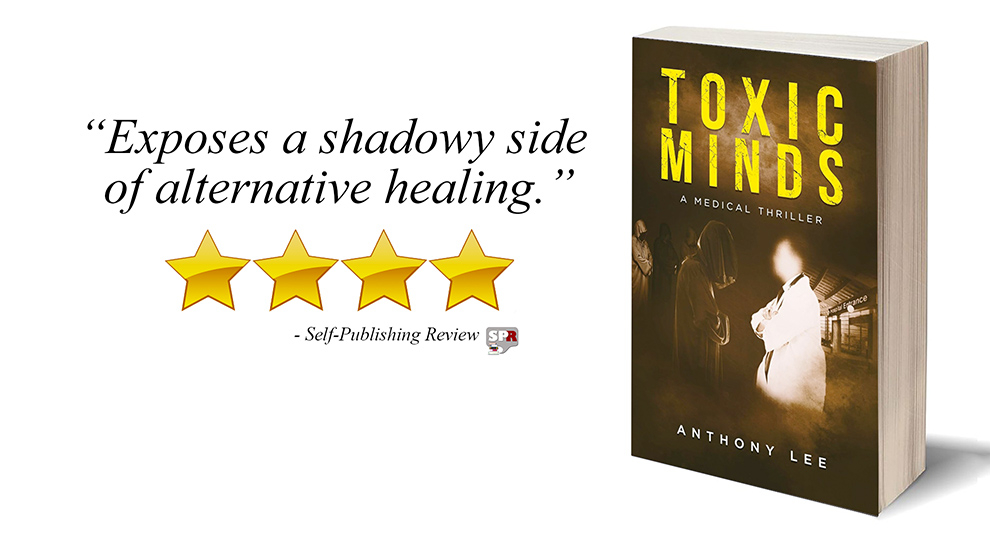
Tell us about the genre you wrote in, and why you chose to write this sort of book.
I write medical thriller novels because I want to create stories that are both familiar to fans of the genre and are refreshingly new and fitting for today’s time. Plus, with my previous background in medicine, having graduated from medical school but ultimately deciding not to practice medicine, this genre is a natural fit for me.
How do your friends and family get involved with your writing? What do they think of your book?
I do not involve anyone else during the process of writing a new book. But once I publish my latest one, I do tell people I know about it. So far, I have one friend who read my first book and thought it was good. Feedback like this keeps me going, in hopes of bringing joy to more readers out there.
What are your plans now your book is published?
As with the completion of any book, I am doing what I can to spread the word about my book, with things like requesting reviews and placing ads. I am also diving into the first draft of my next book so that I won’t wait too long before publishing it. Of course, I do celebrate the release of my latest book by taking breaks and enjoying my life, as rewards for a job well done.
Why did you write about this particular subject?
I wanted to write Toxic Minds because there are many unsettling examples of real-life cults and serious consequences of disinformation, whether related to medicine or not. Writing a fictional story in which Mark takes on a secretive healing cult and its mysterious leader is my way of providing a cautionary tale while also entertaining the reader.
Author Links
Get an Editorial Review | Get Amazon Sales & Reviews | Get Edited | Get Beta Readers | Enter the SPR Book Awards | Other Marketing Services


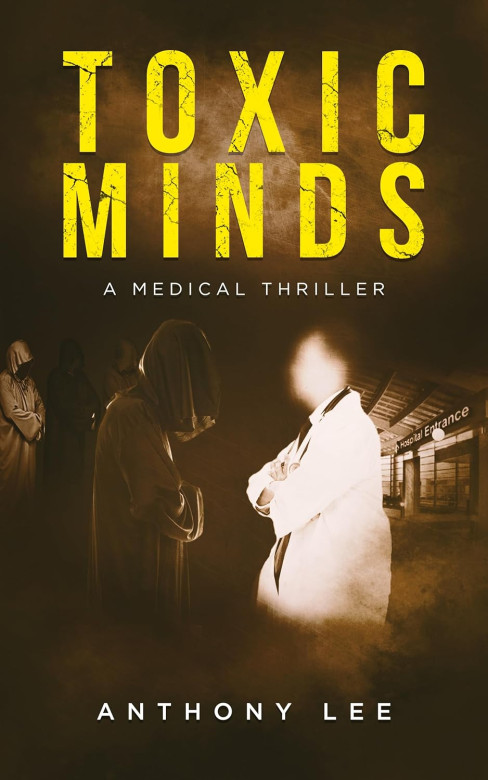
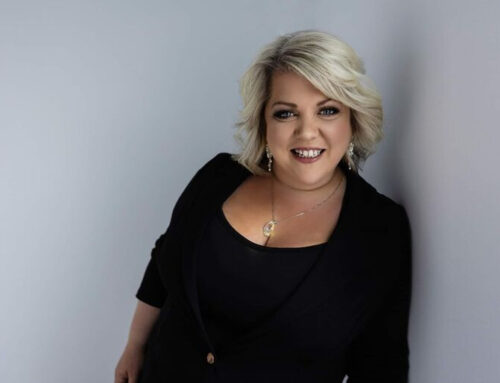
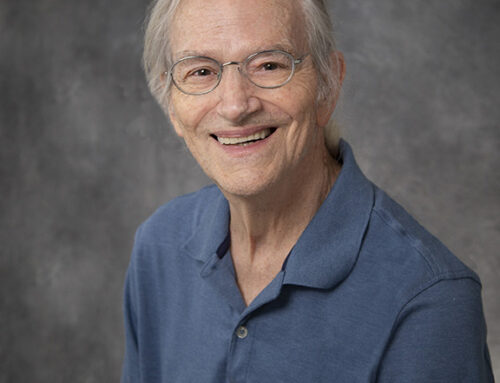
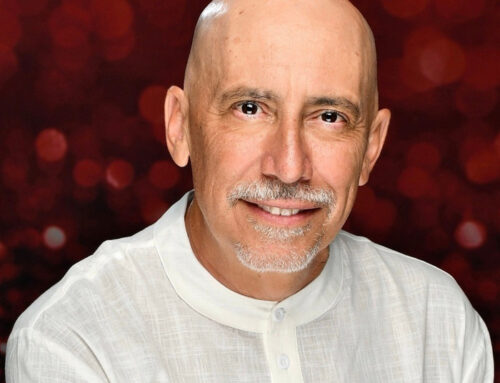
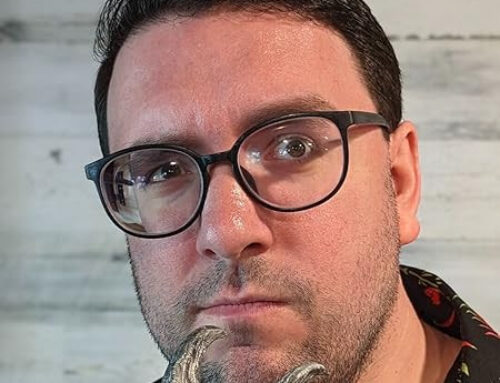
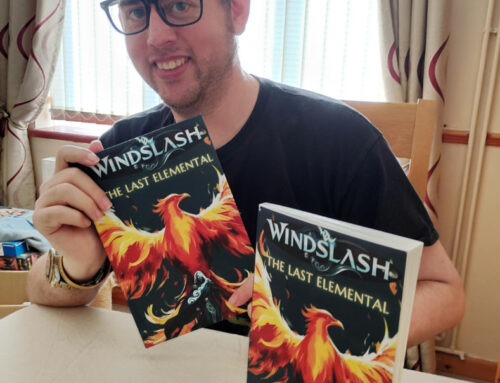

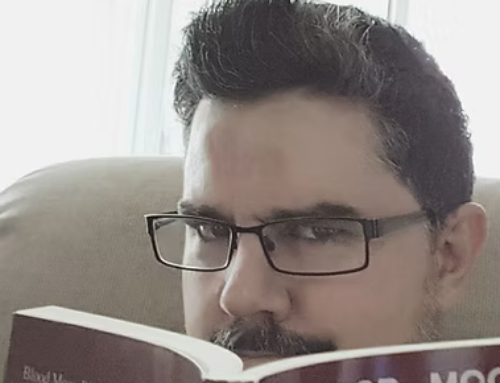
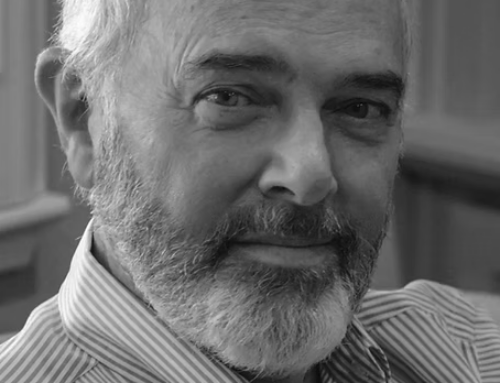












Leave A Comment